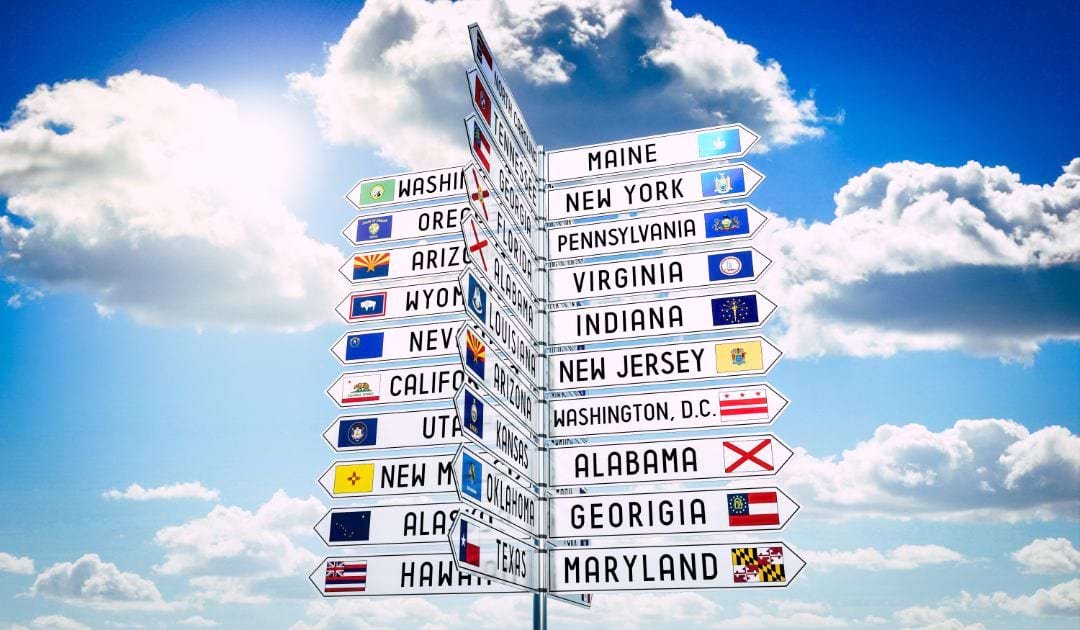

3rd Schengen Forum: Internal Border Controls Should Remain an Exceptional Measure of Last Resort
The forum enabled Members of the EU Parliament and Home Affairs Ministers of the current and future Council presidencies, representatives of the Member States, as well as EU agencies and non-governmental organizations to discuss the Schengen priorities for 2022-2023.
The discussions were focused on the Management of the external borders, the reintroduction of internal border checks, internal security, and the accession of Croatia, Romania, and Bulgaria to the border-free zone.
“Participants took stock of the state of play of internal border checks in light of the recent ruling in Joined Cases C-368/20 and C-369/2026 the Court of Justice, stressing that internal border checks should remain as an exceptional measure of last resort,” the EU Commission notes in a press release, referring to a judgement of the Court published on April 26, which noted that internal border controls extended beyond six months for the same reasons are against the Schengen Borders Code.
The Court had issued its judgement after a traveller was fined for refusing to present a passport at the Spielfeld border crossing point when travelling to Austria from Slovenia in November 2019, telling the border guards that the Schengen Borders Code did not oblige him to present a passport at an internal border.
The judgement had pointed out that the Member States cannot oblige travellers to present a passport or any other identity document in order to be able to cross the borders in cases when the border checks have been reintroduced against the Borders Code of the Schengen Area.
As a result, it had also highlighted that though the Member States are allowed to reintroduce border checks in cases when there is a serious threat to their internal security, the same cannot exceed a maximum period of six months.
Commenting on the third Schengen Forum, the EU Vice-President for Promoting our European Way of Life Margaritis Schinas called it a third successful event, asserting that the Member States and other actors would continue cooperating in a bid to make Schengen stronger.
“Schengen needs commitment and mutual trust. The Commission established the Schengen Forum to promote a regular and structured political dialogue among all the actors involved in ensuring the proper functioning of the Schengen area. With this third successful event, we continue our cooperation to make Schengen stronger and to respond to the current and future challenges,” he said.
The topic of internal border controls will be discussed at the upcoming Council meeting set to be held on June 10, alongside the other topics discussed at the forum on June 2.
The first-ever Schengen Forum was held on November 30, 2020, online, and was attended by Members of the Parliament and Home Affairs Ministers discussed several areas where there’s room for improvement and actions that should be undertaken in order to strengthen the Schengen Area.


















